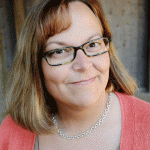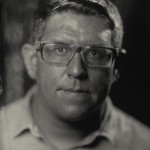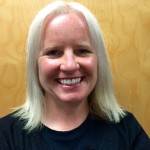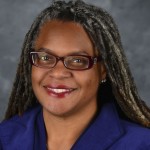Representatives from the Digital Public Library of America (DPLA), Documenting Ferguson at Washington University, the Center for the Study of Political Graphics, and the Transgender Archives at the University of Victoria discuss what “radical archives” are and might be, based on their practices and experiences working within these archives and libraries. We invite you to read through the responses by author or by question.
Radical Archives
By
Aaron Devor, Meredith R. Evans, Emily Gore, Mark A. Matienzo, Joy R. Novak, Lara Wilson
November 2015
-
What does it mean for an archive to be, or to be made, “radical”?
Read the Responses -
In what ways is your organization, or your role, radical? In what ways is it not?
Read the Responses -
If there is a value in radical archives, archival practice, or archival content, what is it and how do you achieve and maintain it? If not, why not?
Read the Responses -
How is an archive’s radicality or radical potential affected by relationships with users, collaborators, communities, and/or other institutions, in your experience?
Read the Responses -
What radical idea or change would you like archival institutions, archivists and librarians, and/or users of archives to adopt?
Read the Responses





